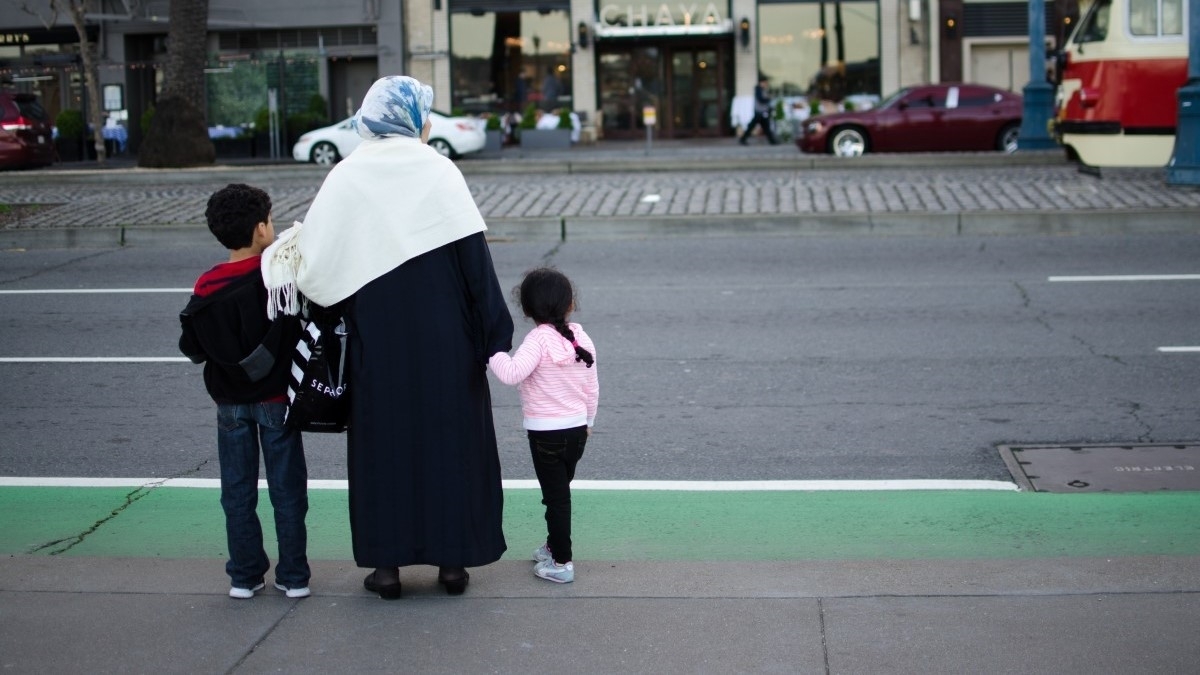
The ending of Title 42 may cause an increase in migration from Latin America and the Caribbean to the U.S. | PxHere.com
U.S. bishops have expressed their support for ending a migration policy that has been in place since the COVID-19 pandemic started.
As the Title 42 public health order’s days are numbered, the U.S. Department of Homeland Security and the Department of State are preparing for the expected rise in migration, according to the U.S. Conference of Catholic Bishops (USCCB). Title 42 ends Thursday, May 11.
Title 42 expulsions were removals by the U.S. government of immigrants who have recently been in a country where a communicable disease -- such as COVID-19 -- was present.
“We strongly support increased refugee resettlement from Latin America and the Caribbean as a reliable pathway to lasting safety for those who have been forcibly displaced,” Bishop Mark Seitz, chairman of the USCCB’s Committee on Migration, told the USCCB website. “Therefore, we commend the Biden administration for recognizing this need and look forward to its close coordination with civil society and Congress to ensure the successful integration of these newcomers. Importantly, the resources utilized for this purpose should not undermine existing access to resettlement for other refugees or impede the proper functioning of immigration processes generally.”
Title 42 provided border agents with the ability to stop migrants from entering the country because of the COVID-19 pandemic. Now that the public health crisis is over, the rules will no longer apply.
The Biden administration is looking to create more ways for people to migrate legally to the U.S. It will set up processing centers in in South and Central America to brace for a rising number of migrants. These measures are being implemented with a goal of discouraging people from trying to cross the border illegally, according to Roll Call.
The U.S. will revert to abiding by the older immigration rules that are in Title 8. If someone enters the country illegally under Title 8, they could be banned from coming back for a period of time, sometimes more than five years. If they keep trying to come back illegally, criminal charges could be pursued, the Department of Homeland Security said.
If applicants don't qualify for refugee status, they might qualify for other humanitarian programs. People can make appointments at the new processing centers virtually, and Canada and Spain will accept people referred from the centers. The government also will expand family reunification programs to four countries. The current program that lets people from Cuba, Haiti, Venezuela and Nicaragua live and work in the U.S. temporarily will continue as is, according to Roll Call report.
“No combination of legal pathways or harsh enforcement measures will suffice to meet the complex challenge of forced migration facing our country and hemisphere," Seitz said. "Only through a long-term commitment to addressing root causes and promoting integral human development throughout the Americas, combined with an overhaul of our immigration system, will we be able to achieve the conditions necessary to sustainably reduce irregular migration.”






 Alerts Sign-up
Alerts Sign-up